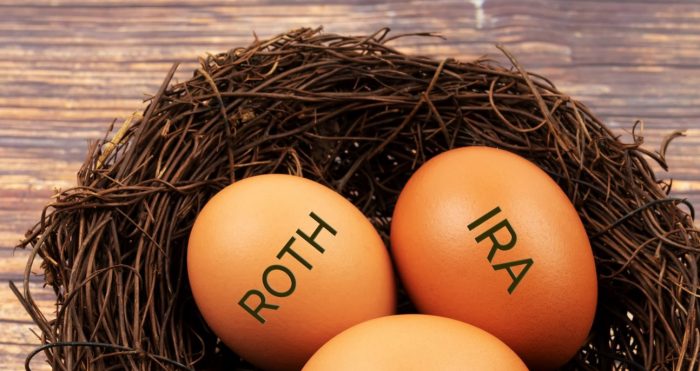By Michael Christodoulou

If you have grandchildren, you probably enjoy spending time with them and watching them grow. And to help them achieve a bright future, you might like to make some financial gifts — but which ones?
You have several options. Let’s look at three of them:
529 plans — When you invest in a 529 education savings plan, any earnings growth is distributed federally tax free, as long as withdrawals are used for qualified education expenses. (Withdrawals used for expenses other than qualified education expenses may be subject to federal and state taxes, plus a 10% penalty.) And in-state residents who invest in their home state’s 529 plan may also receive state tax incentives.
A 529 plan can be used for college, approved trade school programs, qualified student loan repayments and even some K-12 costs. And if the grandchild you’ve named as a beneficiary of a 529 plan decides to forego further education, you can generally switch beneficiaries to another immediate family member.
You can contribute up to $17,000 in 2023, per grandchild, to a 529 plan without incurring gift taxes. Furthermore, as of the 2024–25 school year, grandparent-owned 529 plans won’t affect financial aid eligibility. However, tax issues for 529 plans can be complex, so consult with your tax advisor about your situation.
Roth IRA — Any earnings growth in a Roth IRA is distributed tax free, provided the owner is at least 59½ and has had the account at least five years. If your grandchildren earn money from babysitting or a part-time job, they can open a Roth IRA with the help of a parent or other adult. You could “match” your grandchildren’s contributions, possibly on a dollar-for-dollar basis, to provide them with an incentive for saving. In fact, you could fully fund the Roth IRA, up to the annual contribution limit, which is $6,500 or the amount of your grandchild’s taxable compensation, whichever is less. (The annual limit is $7,500 for those 50 or older.) And your grandchildren can withdraw the contributions — not the earnings — at any time to pay for college or anything else.
Custodial account — You can open a custodial account, also known as an UGMA or UTMA account, for a grandchild, and fund it with most types of investments: stocks, mutual funds, bonds and so on. For that reason, it can be a good way to teach grandchildren about the nature of investing — risks, returns and the value of holding investments for the long term. Plus, there’s an initial tax benefit to custodial accounts: The first $1,250 of your grandchild’s investment income (dividends, interest, capital gains) is tax free, and the next $1,250 is taxed at the child’s rate. Anything above that amount is taxed at the parents’ marginal tax rate.
However, once your grandchildren reach the age of termination — usually 18 or 21, depending on where they live — they take control of the account and can do whatever they choose with the money. So, while a custodial account could be considered as a funding source for college, it might alternatively serve as a gift that could eventually enable your grandchild to fulfill another desire or goal — take an overseas trip, pay for a car or maybe even start on a path to entrepreneurship.
Making financial gifts to your grandchildren can be rewarding — for them and for you. So, consider the possibilities carefully and put your generosity to work.
Michael Christodoulou, ChFC®, AAMS®, CRPC®, CRPS® is a Financial Advisor for Edward Jones in Stony Brook. Member SIPC.









